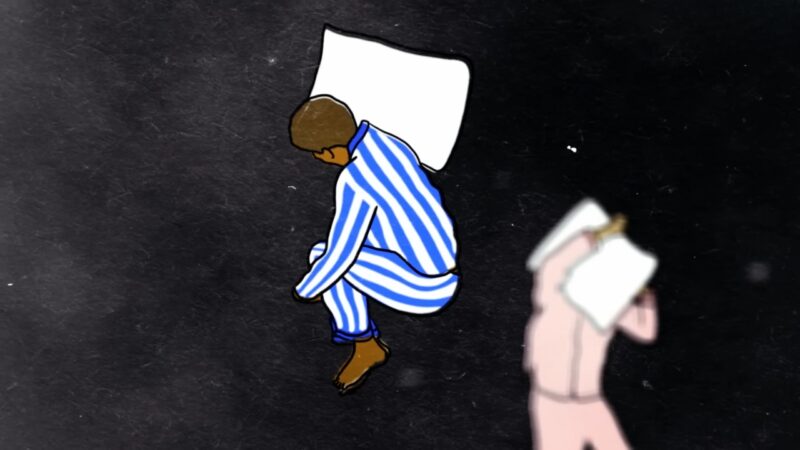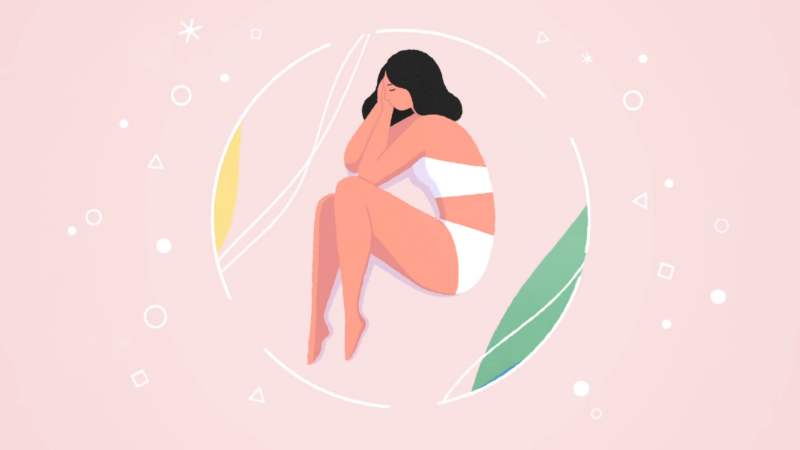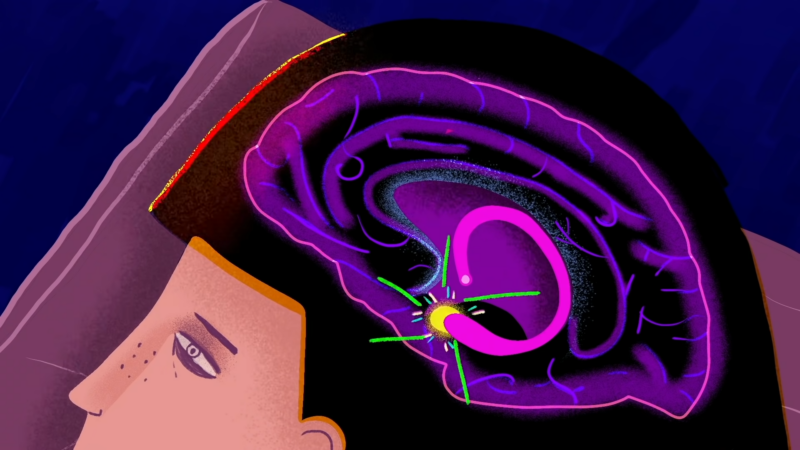Sleep troubles have long-established links to depression. They are closely associated with sleep issues and are usually the first sign that a person might be depressed. There’s an excellent reason why someone in an irritable state of mind is said to have woken up on the bad side of the bed.
How sleep disruptions materialize will depend on the person and their day-to-day habits. But, in general, there are two ways that depression can affect your sleep behavior: hypersomnia or insomnia. Let’s explore what they are, their dissimilarities, and a few doable tips to manage them.
What Is Hypersomnia?
Hypersomnia is what many people connect or link with major depressive disorder. It’s characterized as a feeling like you’re constantly exhausted and intolerable daytime sleepiness, despite how long you slept.
This condition doesn’t happen as often as you’d expect. It occurs in about fifteen percent of people with atypical depression.
Take note: hypersomnia doesn’t instigate or promote depression. But it can aggravate symptoms. For example, you might be experiencing fatigue and loss of interest, so you choose to spend your time sleeping.
Perhaps you use sleeping to break free from negative thinking, and then remorse sets in because you’re sleeping so much, sparking a low mood. This oversleeping becomes a cycle or an easy pattern to repeat, which can eventually be hard to break.
This cycle of action can cause disturbances in your ability to maintain excellent health, keep up with your relationships, and function daily.
What is Insomnia?

Insomnia is the more typical symptom of depression. It’s described by frequent awakenings and difficulty falling asleep that translate into incoherent sleep. How common is this condition? Well, about seventy-five percent of people with depression have insomnia.
Beyond the undesirable outcomes of difficulty falling asleep, such as difficulty concentrating or fatigue, insomnia also profoundly affects your mood. Our brain needs sleep, just like the other parts of our body.
When the brain is sleep-deprived, you’re less likely to comprehend daily activities and more likely to be temperamental. As a result, it’ll be more difficult to confront or put up with daily stress.
What Can You Do to Sleep Better?
There’s no denying that quality sleep can help ease depression symptoms. People suffering from hypersomnia or insomnia may find it hard to do it but fear not. You can do a few things to get healthier and better sleep.
Consider Medications

Your therapist or doctor might prescribe medications to help you cope with your depression symptoms. The most common treatment is antidepressants. They can help you tone down the symptoms as you get better.
However, get this: not all medications will fit you. Hence, you might need to go through a couple of options. Just ensure that you consult with your doctor about the medication. Also, if you’re looking to save on the costs of certain antidepressants like Prozac, it’s worth checking websites that offer prescription discount coupons, such as BuzzRX.
Start Your Day by Spending Some Time in The Sun
Getting some sunlight first thing in the morning is one of the simplest ways to get your sleep habits moving in the right direction. Doing so will help your body stabilize your sleep-wake cycle or circadian rhythm.
Exposure to sunlight will tell your body to stop melatonin production and that it’s time to get ready. Studies have also shown that getting sunlight boosts the body’s serotonin production.
Tread Lightly with Naps

If your mental health condition is presenting with hypersomnia, there’s a high chance that you can fall into a cycle of snoozing during the day. Although getting some shut-eye is not bad, it can undermine your ability to sleep healthier at night.
Also, naps are not the best way to grapple with depression symptoms. Therefore, it’s recommended to use naps to elevate energy sparingly.
Exercise
Working out is excellent for both your sleep schedule and depression. It triggers upbeat and feel-good brain chemicals that help take the sting out of the symptoms of depression. The most straightforward exercise you can do is to go for a run. The runner’s high reduces your idea of pain and produces a positive feeling.
As per Mayo Clinic, running for at least thirty minutes 3 to 5 days a week could seriously lessen depressive symptoms. Even a ten- or fifteen-minute run could make a significant difference if you can’t spare thirty minutes.
Create a Bedtime Routine

Our body’s internal clock thrives on routine. So, if you want to maximize your sleep, you must sleep and wake up at the same time every day. That means staying consistent with your sleep timing, even on the weekend, and not using the snooze button.
The best way to accomplish this is to conceive a bedtime routine you adhere to every night. Doing so will help your body to de-stress and get ready for bed.
Avoid Drinking Coffee at Night
Drinking a cup of coffee gives you an energy boost that can brighten up your mood. As a matter of fact, it’s one of the main reasons why over 600 million cups of coffee are consumed in the U. S. every day.
However, you’ll want to avoid drinking coffee in the evening or at night if you have insomnia from your depression. Otherwise, it’ll only keep you up later than required.
Try Relaxation Techniques

Before bed, it’s a good idea to try relaxation techniques to prepare your mind and body for sleep. One prominent technique is deep breathing. It offers an instant way to manage your stress levels. Audio downloads and mobile apps can guide you through the practice of deep breathing.
Another great technique is progressive muscle relaxation. It gives you a deep familiarity with what relaxation and tension feels like. This technique is best combined with deep breathing for added relief.
Final Takeaway
Sleep deficiency can influence mental health, and depression can interfere with your sleep. This complex relationship makes for intricate connections between mental health conditions and sleep.
However, it also means that remedies for both problems can go collectively. Although some minor habit changes can help ease the symptoms of depression, it’s ideal to fully address your conditions with your doctor or therapist to design a treatment plan.
For new mothers experiencing postpartum depression, offering consistent emotional support, encouraging self-care practices, and facilitating access to professional help can significantly aid in their recovery journey.

